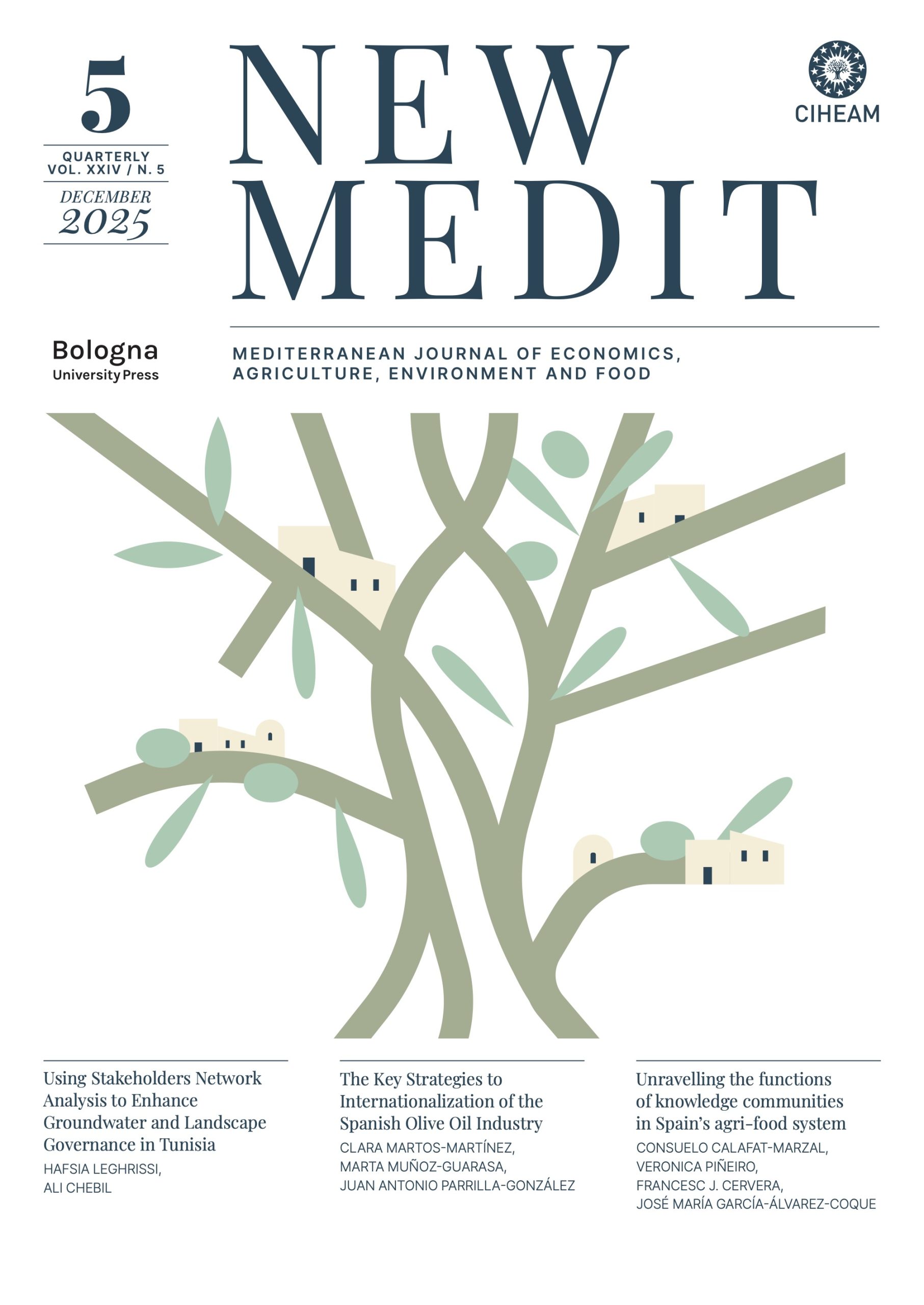This paper aims to address the exploration of blockchain technology comprehensive and sequential applications in e-agriculture by discussing how the integration can (i) enhance both backward and forward linkages in agricultural value chains, (ii) provide benefits to value chain actors (consumers and producers), (iii) improve the performance of the innovative technologies. Integrating blockchain technology into the agri-food sector has become increasingly useful for traceability systems, guaranteeing transparency and trust in the trade process, protecting consumers’ right to information, and guaranteeing food quality and safety.
The coupling of this technology in e-agriculture can generate positive externalities, including shared benefits, improved coordination among value chain actors, and real-time decision-making for optimal resource allocation and sustainable utilization in the context of e-agriculture. To enhance clarity, the paper examines a use case related to agricultural inputs, commodities, and products in the cereals sector to illustrate the application of data collection devices and the role of blockchain technology in data validation, storage, security, and transmission. However, blockchain applications have faced several limitations in practice, so many legal questions related to the actual success of the interaction are still open. To make just a few examples, the more relevant legal issues are related to data validation, storage, cyber security, and privacy. It is not easy to organically and comprehensively represent every critical and problematic aspect. However, this contribution will attempt to review, albeit briefly, the most relevant legal issues arising from the interaction.











